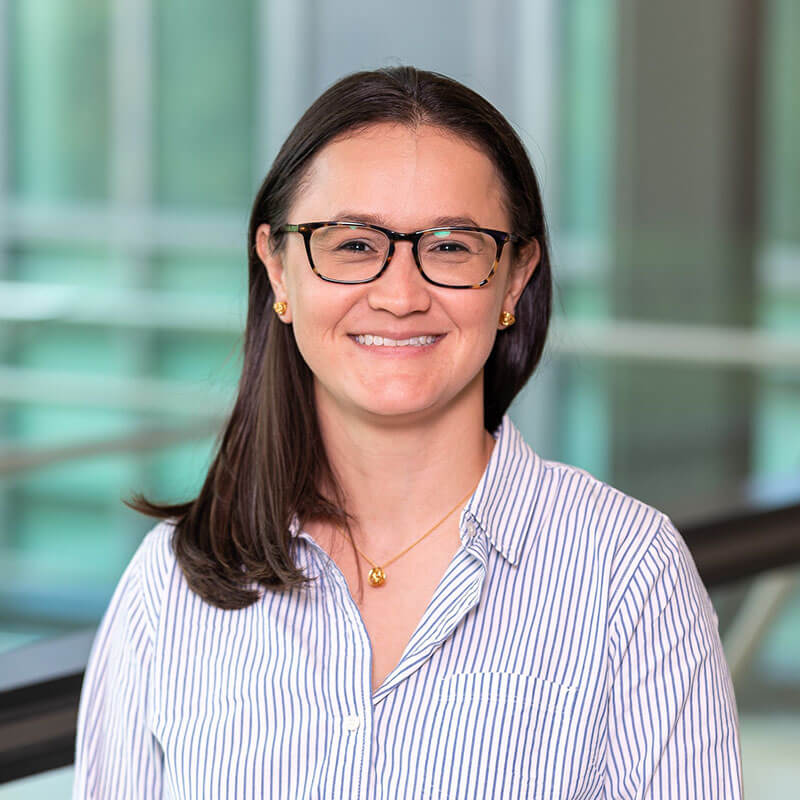Given its focus on understanding why evidence-based interventions for cancer control work (or not), how, for whom, and under which contexts or circumstances, implementation science is primed to play a key role in reducing global inequities in cancer control and advance the health of the population globally. As I progress through my training with the Cancer Prevention Fellowship Program, the NCI Implementation Science Team, and the NCI Center for Global Health, I become more and more aware of the importance of global collaborations, especially between researchers and implementers, to accelerate capacity in implementation science to improve the integration of cancer control evidence-based interventions (programs, practices, or policies) into various global contexts with a needed emphasis on resource-limited settings.
For example, improving the adoption and integration of cervical cancer screening programs in low- and middle-income countries (LMICs) requires engaging with many local health-system actors. I had the opportunity to work with implementation scientists and the Peruvian Ministry of Health (MOH) on participatory design workshops co-developed with clinical providers, administrators, and lab technicians, to facilitate rapid engagement in the identification of context-specific priorities and tailoring of strategies to improve implementation processes. Through facilitated dialogue, participants engaged in self-reflection, mapped the cervical cancer screening and follow-up system, visualized system barriers, and identified potential solutions. As research partners, we analyzed findings from the workshop using the Consolidated Framework for Implementation Research. During the workshops, participants were very enthusiastic about the process. They appreciated having the space to collectively identify barriers and discuss opportunities for change. Given this enthusiasm, the Peruvian MOH is currently working on extending these workshops to other hospitals and health-system settings.
I am very excited for the upcoming 2023 Consortium for Cancer Implementation Science (CCIS) annual meeting on October 4th and 5th, which will be held as a hybrid event this year. CCIS facilitates the convening of action groups in priorities areas of research, including Implementation Science in Global Health, to facilitate collaborations and creation of public goods or resources and tools that will be publicly available and move the field forward. During last year’s annual meeting, the global health action group identified opportunities for advancing the field. An important part of the conversation revolved around facilitating access to implementation science resources through linguistic translations and use of visuals or mental models to simplify concepts. Importantly, this discussion centered around differentiating between the needs and priorities of researchers and those of practitioners and implementers “on the ground” and tailoring implementation science resources accordingly as an important step to facilitate bridging the gap between research and practice. The Peru experience is a great example of the importance of engaging implementers to identify needs and feasible solutions. These discussion points are not exhaustive, and I am sure more opportunities will be identified as the group and the field overall continues to work together to advance implementation science in global health.
Participating in the action group has been an important opportunity during my training to learn about the opportunities for action and the existing and potential synergies and collaborations in the field. I am looking forward to being the NCI lead of the group this year, and I encourage you to register to attend this year’s CCIS meeting and participate in the Implementation Science in Global Health action group. We are looking forward to learning more about the work you are doing and continue to identify opportunities to advance implementation science in global cancer control. Feel free to contact me at margarita.mendez@nih.gov or @DrMargaritaCM.

Dr. Margarita (Maggie) Correa-Mendez is a former Cancer Prevention Fellow with the Implementation Science (IS) Team in the Office of the Director in the Division of Cancer Control and Population Sciences (DCCPS) and the Center for Global Health (CGH) in the Office of the Director at the National Cancer Institute (NCI).

Dispatches from the Implementation Science Team, is an episodic collection of short form updates, authored by members and friends of the IS team representing a sample of the work being done and topics that our staff are considering for future projects. Topics address some of the advances in implementation science, ongoing issues that affect the conduct of research studies, reflections on fellowships and meetings, as well as new directions for activity from our research and practice communities.

